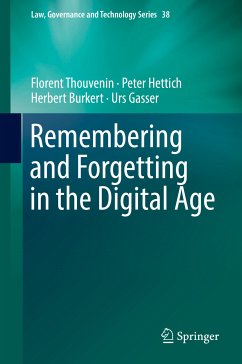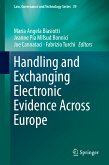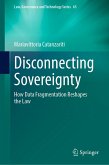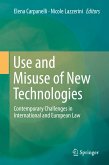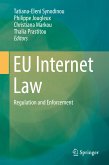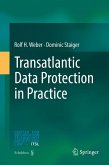The book offers guidelines for legislators as well as private and public organizations on how to make decisions on remembering and forgetting personally identifiable information in the digital age. It draws on three main perspectives: law, including the example of Swiss legal provisions; technology, specifically search engines, internet archives, social media and the mobile internet; and an interdisciplinary perspective from philosophy, the social sciences andarchiving science among other disciplines. Readers will benefit from a holistic view of the informational phenomenon of "remembering and forgetting".
This book will appeal to economists, lawyers, philosophers, sociologists, historians, anthropologists, and psychologists among many others. Such wide appeal is due to its rich and interdisciplinary approach to the challenges for individuals and society at large with regard to this aspect of human experience in the digital age.
Dieser Download kann aus rechtlichen Gründen nur mit Rechnungsadresse in A, B, BG, CY, CZ, D, DK, EW, E, FIN, F, GR, HR, H, IRL, I, LT, L, LR, M, NL, PL, P, R, S, SLO, SK ausgeliefert werden.
Hinweis: Dieser Artikel kann nur an eine deutsche Lieferadresse ausgeliefert werden.

